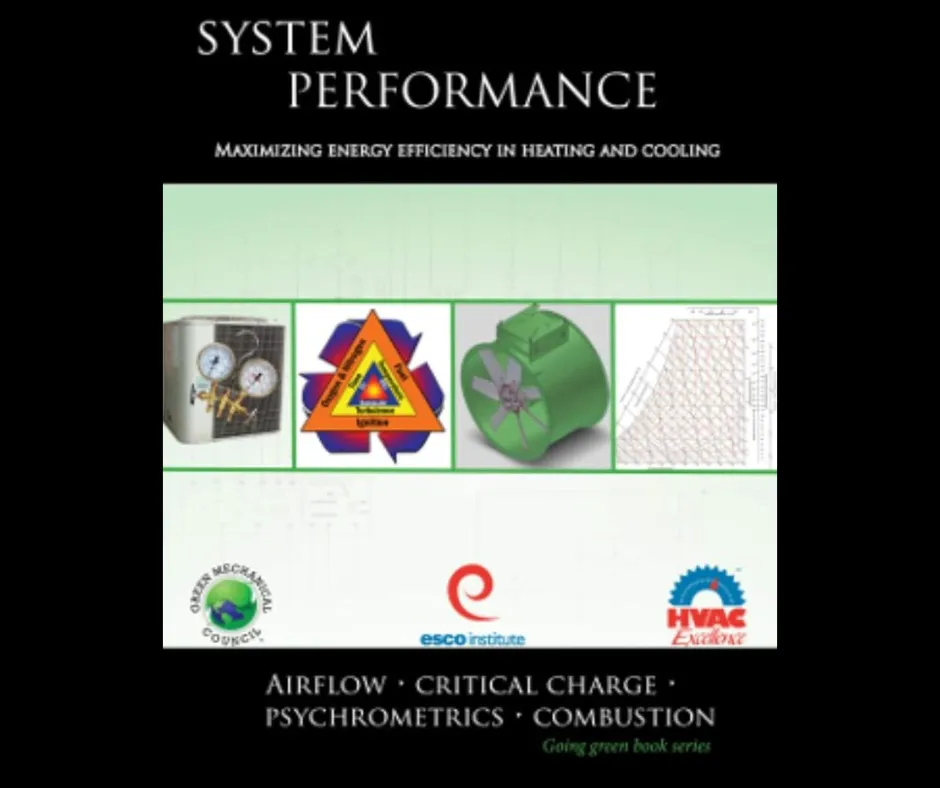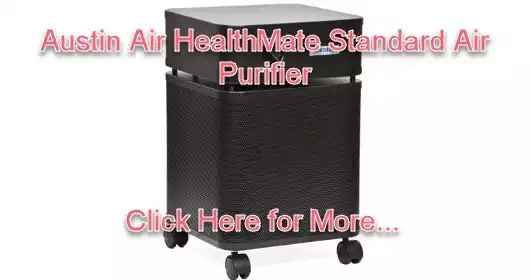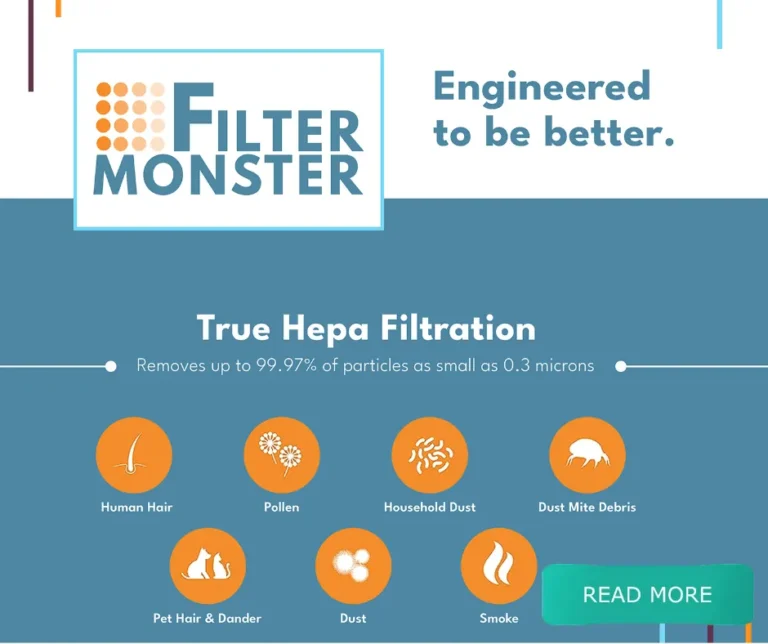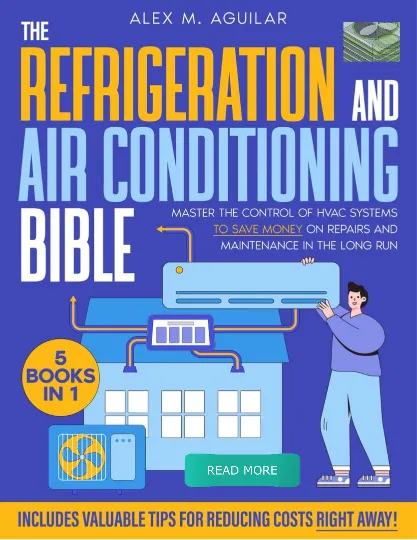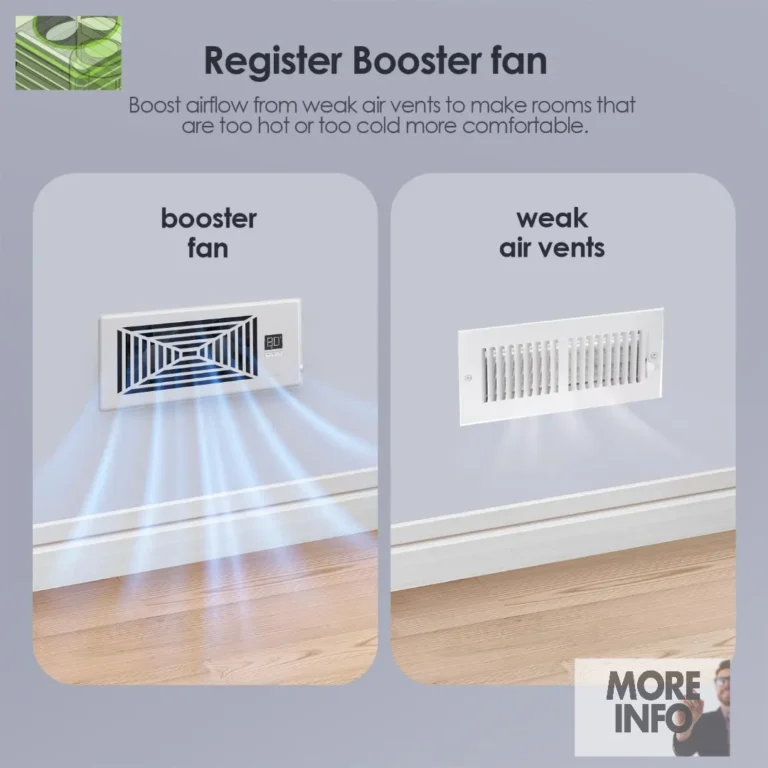Maximizing HVAC Efficiency
Are you tired of high energy bills and inefficient heating and cooling in your home or office?
As the demand for HVAC systems continues to rise, it’s important to find ways to maximize HVAC efficiency and save on energy costs.
With the ever-increasing focus on sustainability and environmental responsibility, it’s crucial to make the most out of your HVAC system while also minimizing its impact on the planet.
In this article, you will learn the top tips and tricks for maximizing your HVAC efficiency, allowing you to save money and reduce your carbon footprint.
From simple maintenance tasks to implementing new technologies, these strategies will help you make the most out of your HVAC system and create a more comfortable and eco-friendly environment.
So, whether you are a homeowner or a business owner, read on to discover how you can optimize your HVAC system and save both energy and money in the long run.
Table of Contents Maximizing HVAC Efficiency
Adjust thermostat for energy savings
To maximize HVAC efficiency and achieve significant energy savings, it is essential to pay attention to your thermostat settings.
Take advantage of programmable thermostats to adjust temperature settings based on your daily schedule.
During the colder months, set the thermostat to lower temperatures when you are away or sleeping, and increase it only when you are present and in need of warmth.
In the summer, raise the thermostat temperature when you are not at home to reduce the workload on your cooling system.
By optimizing your thermostat settings, you can ensure that your HVAC system operates efficiently, saving both energy and money in the process.
Regularly clean filters and vents
Another important tip for maximizing HVAC efficiency and achieving energy savings is to regularly clean your filters and vents.
Over time, dust, dirt, and debris can accumulate in the filters and vents of your HVAC system, causing it to work harder and consume more energy.
By cleaning or replacing the filters on a regular basis, you can ensure that the air flowing through your system remains clean and unobstructed, allowing for optimal airflow and efficiency.
Additionally, it is also important to clean the vents and remove any blockages that may hinder the proper distribution of air.
By taking the time to clean and maintain your filters and vents, you can enhance the overall performance of your HVAC system and reduce unnecessary energy consumption.
Utilize natural ventilation when possible
To further enhance the efficiency of your HVAC system and promote energy savings, it is recommended to utilize natural ventilation whenever possible.
Natural ventilation allows for the circulation of fresh air into your space without the need for mechanical cooling or heating.
By opening windows or utilizing vents, you can take advantage of the natural air movements and outdoor temperatures to regulate the indoor climate.
Not only does this reduce the reliance on your HVAC system, but it also provides a more sustainable and cost-effective approach to maintaining a comfortable environment.
However, it is important to consider the external factors such as outdoor air quality and noise levels when utilizing natural ventilation.
Additionally, ensure that windows and vents are properly sealed when not in use to prevent any air leakage and optimize the efficiency of your HVAC system.
By incorporating natural ventilation strategies, you can significantly reduce energy consumption and contribute to a greener and more efficient space.
Schedule annual HVAC maintenance checks
To ensure the maximum efficiency of your HVAC system and achieve optimal energy savings, it is highly recommended to schedule annual maintenance checks with a professional technician.
Regular maintenance allows for the early detection and prevention of any potential issues, ensuring that your system runs smoothly and efficiently throughout the year.
During these checks, the technician will thoroughly inspect and clean various components of your HVAC system, including filters, coils, and ductwork, to remove any dirt, debris, or blockages that can hinder its performance.
They will also check for any leaks, faulty connections, or worn-out parts that may affect the system’s efficiency.
By proactively addressing these issues, you can prevent costly breakdowns, extend the lifespan of your HVAC system, and ultimately save on energy costs.
Remember, scheduling annual HVAC maintenance checks is a proactive and responsible approach to keeping your system running at its best, and it is an essential step in maximizing HVAC efficiency and achieving long-term energy savings.
Upgrade to energy-efficient models
When it comes to maximizing HVAC efficiency and achieving significant energy savings, one highly effective step you can take is upgrading to energy-efficient models.
By investing in newer, more advanced HVAC systems, you can benefit from improved technology that is designed to consume less energy while providing optimal heating and cooling performance.
Energy-efficient models utilize features such as variable-speed motors, smart thermostats, and advanced insulation to minimize energy waste and ensure precise temperature control.
Additionally, these models often meet or exceed industry standards for energy efficiency, allowing you to qualify for potential rebates or incentives.
By upgrading to energy-efficient HVAC systems, you not only reduce your environmental footprint but also experience long-term cost savings on your energy bills.
Make the switch to energy-efficient models to maximize HVAC efficiency and achieve significant energy savings in your home or business.
In conclusion, incorporating these top tips and tricks into your HVAC maintenance routine can greatly improve the energy efficiency of your system.
By regularly changing air filters, sealing air ducts, and scheduling professional maintenance, you can ensure that your HVAC system is functioning at its best.
Additionally, making small changes to your daily habits, such as adjusting the thermostat and utilizing natural ventilation, can also contribute to energy savings.
With these simple yet effective strategies, you can not only save money on utility bills, but also reduce your carbon footprint and contribute to a more sustainable future.
As a homeowner, it is important to prioritize the efficiency of your HVAC system and be proactive in keeping it running smoothly.
Your efforts will not only benefit your wallet, but also the environment.
FAQ
What are some practical ways to maximize HVAC efficiency and reduce energy consumption in a residential setting?
To maximize HVAC efficiency and reduce energy consumption in your residential setting, you can try a few practical steps.
Firstly, ensure regular maintenance and cleaning of your HVAC system to keep it running smoothly.
Set your thermostat at optimal temperatures, such as 78 degrees Fahrenheit during summer and 68 degrees Fahrenheit during winter.
Use programmable thermostats to adjust temperatures based on occupancy.
Properly insulate your home to minimize heat loss or gain.
Seal any air leaks in windows, doors, and ducts.
Utilize natural ventilation when possible and use ceiling fans to improve air circulation.
Finally, consider upgrading to energy-efficient HVAC systems and appliances to further reduce energy consumption.
How can proper insulation and sealing of windows and doors contribute to maximizing HVAC efficiency?
By properly insulating and sealing your windows and doors, you can significantly maximize HVAC efficiency.
When you have gaps or cracks around these areas, cold air can enter during the winter, causing your heating system to work harder to maintain a comfortable temperature.
Similarly, during the summer, hot air can seep in, causing your cooling system to struggle.
Proper insulation and sealing help create a tight barrier, preventing air leaks and ensuring that your HVAC system operates efficiently.
This not only saves energy but also reduces utility bills.
So, by investing in insulation and sealing, you can make your HVAC system work optimally and enhance overall energy efficiency.
Are there any specific thermostat settings or programming techniques that can help optimize HVAC efficiency?
To optimize HVAC efficiency, you can try adjusting your thermostat settings and using programming techniques.
Start by setting your thermostat to a comfortable yet energy-saving temperature, like 68-72 degrees Fahrenheit in winter and 74-78 degrees Fahrenheit in summer.
Utilize the programmable features of your thermostat to create temperature schedules that align with your daily routine.
For example, you can set the temperature lower during times when you’re away or asleep.
Additionally, consider using smart thermostats that can learn your preferences and adjust settings accordingly.
Regularly maintaining your HVAC system, including cleaning or replacing air filters, can also improve efficiency.
What role do regular HVAC maintenance and filter replacement play in maximizing energy savings?
Regular HVAC maintenance and filter replacement play a crucial role in maximizing energy savings for you.
By keeping up with regular maintenance, such as cleaning and tuning your HVAC system, you ensure that it operates efficiently, resulting in reduced energy consumption.
Furthermore, replacing dirty air filters regularly helps maintain proper airflow, preventing strain on the system and reducing energy usage.
Taking these steps not only helps you save on energy costs but also extends the lifespan of your HVAC system, providing long-term savings and a more comfortable living environment.
Are there any innovative technologies or smart home solutions that can be utilized to enhance HVAC efficiency and energy savings?
Yes, there are several innovative technologies and smart home solutions that you can utilize to enhance HVAC efficiency and save energy.
One example is smart thermostats, which allow you to easily control and program your HVAC system from anywhere using your smartphone.
These thermostats can learn your preferences and adjust the temperature settings accordingly, resulting in energy savings.
Another solution is using zoned heating and cooling systems, which allow you to heat or cool specific areas of your home, reducing energy waste.
Additionally, advanced sensors and automation systems can optimize HVAC performance by monitoring factors such as occupancy, humidity, and outdoor weather conditions.

